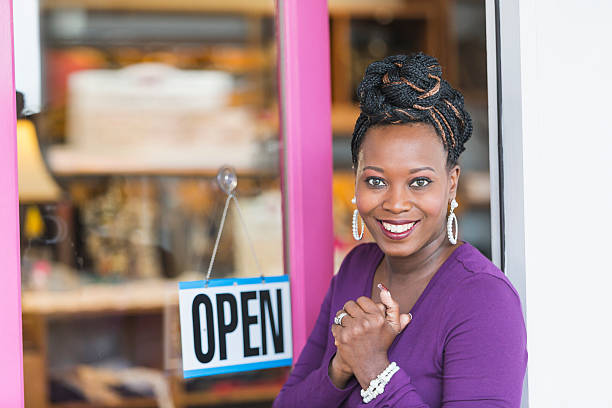You may have heard some people refer to themselves as “born entrepreneurs.” Yet the idea that some heritable traits are associated with entrepreneurship remains unproven. The business world’s reliance on this concept of “born entrepreneurs” may also prevent a venture capitalist from investing in a minority-owned business.
What Makes a Good Entrepreneur?
Over the past few decades, researchers have attempted to find examples of heritable traits that increase the chances of entrepreneurial success. However, these correlations are fairly small. The relationship between genetics and positive entrepreneurial outcomes is akin to the (minimal) link between heart attack risk and index finger length.
There are some learned skills and personal motivations that make you more likely to do well as a business owner. That is why many venture capitalists ask to see resumes before investing in a new company.
Unfortunately, venture capitalists are also biased toward the “born entrepreneur” theory. This may indirectly be contributing to the lack of companies owned by women and people of color. A recent study found that fields in which practitioners believe innate talent is necessary for success have lower percentages of women and minorities.
Even if a venture capitalist says that he wants to invest in a minority-owned business, his actions often say otherwise. A VC may ask different questions to male and female entrepreneurs, or he may value certain traits that are uncommon in women.
As a result, venture capitalists disproportionately invest in businesses run by people who look like them. Most VCs also include white men on their investment teams. One study found that women, in particular, make up only 11 percent of the partners on these teams.
Why Should VCs Invest in Minorities and Women?
Yet with proper backing from venture capitalists, small businesses owned by women and minorities can earn plenty of money. Evidence shows that female-run companies have lower risk profiles compared to male-run companies, and women-owned businesses achieve financial success equal to that of businesses operated by men. Minority-run businesses, meanwhile, can tap into huge markets ignored by some of the more traditional companies.
A female- or minority-owned business can be successful if a VC gives it the chance to succeed. Unfortunately, the inherent biases of venture capitalists, along with their belief in “born entrepreneurs,” often lead VCs to invest in company owners who look like them. To boost the diversity of the business world, VCs need to put these preconceived notions aside and back female and minority entrepreneurs.

